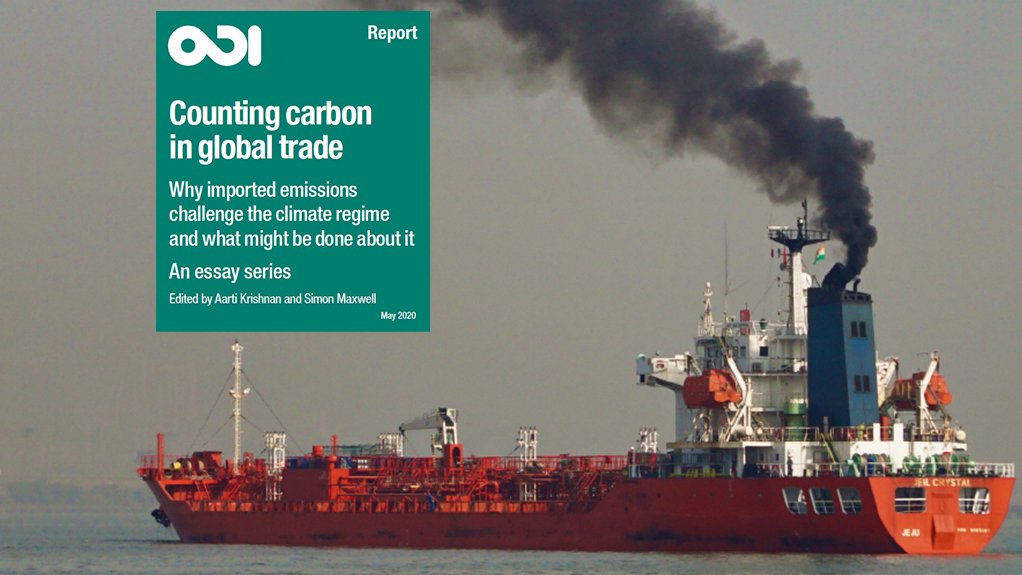- Counting carbon in global trade: why imported emissions challenge the climate regime and what might be done about it1.65 MB
The foundations of the climate regime are under threat, with significant implications for developing countries.
This set of essays identifies two main threats to the climate regime. The first is the growing importance of emissions traded across national borders, currently accounting for up to 38% of global emissions, with developed countries being net importers and emerging economies mostly net exporters. The second is the increasing focus on action to reduce the carbon intensity of trade, including, of course, exports from developing to developed countries. The measurement, reporting and certification of carbon emissions plays a key role.
In the best case, developing countries may find that the reshaping of the climate regime acts to their benefit, for example encouraging faster progression to low-carbon output and opening new export opportunities for low-carbon products. In the worst case, however, developing countries may find themselves bearing increasing costs for monitoring and certifying carbon content, and perhaps being at a competitive disadvantage in a low-carbon trading system.
The essays address five questions:
- How and why is the geography of carbon emissions changing?
- How are carbon emissions measured and how are the boundaries set?
- What are the opportunities and challenges of carbon reporting and certification?
- What are the implications for developing countries?
- How should the climate regime adjust to ensure efficient and equitable outcomes?
The editors conclude that the fast-growing share of traded emissions in the global total requires a change to the climate regime, giving greater attention to traded emissions and consumption footprints than has been the case to date. Developing countries will require significant support in rolling out accurate accounting and reporting, and in securing a voice that facilitates the co-creation of standards; but, if efforts are successful, they will see lower emissions in both domestic and traded production.
Report by the Overseas Development Institute
EMAIL THIS ARTICLE SAVE THIS ARTICLE ARTICLE ENQUIRY
To subscribe email subscriptions@creamermedia.co.za or click here
To advertise email advertising@creamermedia.co.za or click here











